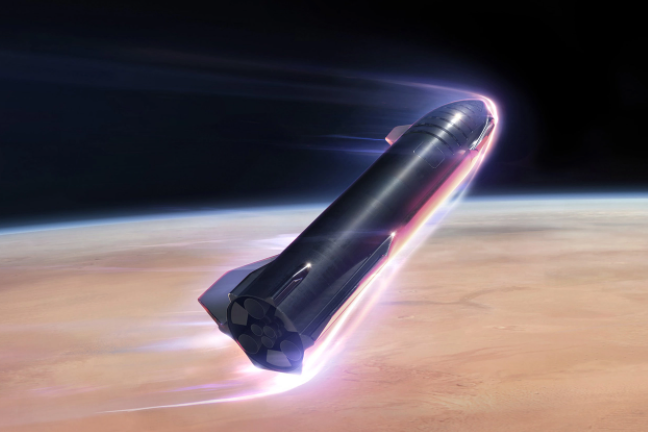
SpaceX recently delayed the launch of its rideshare mission that would have included 88 satellites due to possible interference with a plane within the region.
Postponing SpaceX's Rideshare Mission
According to Space Daily, SpaceX's Andy Tran reported that the launch seemed impossible to happen. An airplane might have been flying around the area, so launching 88 satellites would be impossible.
However, he confirmed that SpaceX has a backup opportunity on Wednesday, June 30. Tran held off the mission with only 11 seconds remaining before liftoff.
The rideshare mission would have included the liftoff of Falcon 9 rocket within the Transporter-2 mission, scheduled at 2:56 PM EDT.
It would have come from Complex 40, located at the Cape Canaveral Space Force Station. The company will be trying the launch once more on Wednesday, June 30 at 2:56 PM EDT.
How Did SpaceX CEO Elon Musk Handle It?
As a way to lighten the mood, SpaceX CEO and founder Elon Musk decided to use the incident to blast off the Federal Aviation Administration. It requires a vast "keep-out" zone that aircraft use during countdowns.
Musk tweeted a few minutes after the scrub's announcement that an aircraft could enter the keep-out zone, which is enormous. He added that it would be impossible for humanity to become a spacefaring civilization unless a significant regulatory reform takes place, and that the current regulatory system seems to be broken.
Unfortunately, launch is called off for today, as an aircraft entered the “keep out zone”, which is unreasonably gigantic.
— Elon Musk (@elonmusk) June 29, 2021
There is simply no way that humanity can become a spacefaring civilization without major regulatory reform. The current regulatory system is broken.
According to Tran, it is already SpaceX's second dedicated rideshare program launch, and it would have been their 20th launch for 2021.
Tran added that SpaceX strategized the program to offer various small satellite operators that provide more opportunities and flexible times. These also come with competitive price tags.
Read Also: SpaceX Drone Ship Travels to the Bahamas Before Flying to California
SpaceX's New Spacecraft
Space Daily also reported that Spaceflight is testing its new type of spacecraft. The company mentioned that it is the first-ever electric propulsion spacecraft, and it will be called Sherpa-LTE1.
The Sherpa spacecraft will help other tiny satellites to get back within their intended orbit. It works similar to a space tugboat, also referred to as an orbital transfer vehicle.
In an interview, SpaceX spokeswoman Christine Melby stated that the company is currently working on new variations of propulsion for its space tugs, which will address most types of activities within the space industry.
She added that some customers might need more power within a short period, which means they will utilize chemical propulsion. On the other hand, some customers require less mass over a longer time, and electric propulsion would suit it better.
The variation in the options will help SpaceX optimize the specific vehicle that will undergo a mission.
SpaceX's First Satellite Launch
Space Daily reported that the company plans to launch its first-ever satellite, Faraday Phoenix, right after losing the first Faraday spacecraft. It happened during one of Rocket Lab's failed launches in July.
CEO of In-Space Missions, Doug Liddle, added that they are feeling extremely confident with the launch.
Related Article: Elon Musk Life-Size Statue Situated In Manhattan Receives Online Attention, Resulting in Mockery and Gags
This article is owned by Tech Times
Written by Fran Sanders








